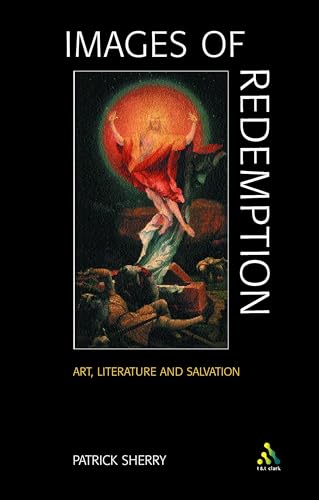HEARING GOD’S WORDS—EXPLORING BIBLICAL SPIRITUALITY, NSBT 16
Written by Peter Adam Reviewed By David JackmanFor those of us who enjoyed and benefited from IVP’s publication for Dr Adam’s previous work Speaking God’s Words (Leicester: 1996) this companion volume is a long-awaited treat, and it does not disappoint. Its scholarship is well-researched and wide-ranging, involving extensive references to both Old and New Testaments, church history, Biblical and systematic theology. Its style is pastoral and practical, very accessible to the non-specialist reader, warm-hearted and doxological. Its relevance is unquestionable and its applications are both consistently illuminating and penetrating in their challenge to thought and behavior. Here is a very valuable addition to an already impressive series, under the editorship of D.A. Carson.
‘Spirituality’ is an issue of the widest debate across the contemporary church scene and one which inevitably involves the whole of our experience as disciples of Christ. This book’s task is to examine what the resulting reality looks like when the adjective ‘biblical’ is consistently applied to the noun. The author’s expressed aims are to show what can be learned from the Bible about spirituality, how a ‘spirituality of the Word works, and what results from it. His thesis is that without the use of the Bible:
our spirituality will easily and quickly lose its moorings, but that its end result is never mere Bible knowledge, since the Bible points beyond itself to God and to his Son, the Lord Jesus (20).
Beginning with a description of Biblical spirituality as hearing God’s words, Dr Adam explores its relationship to evangelical and reformed spirituality, in order to outline its shape and structure. Two chapters follow in which major Bible texts are exegeted and expounded, to discover the nature of the spirituality they reveal and teach. The chapter on the OT includes surveys of Genesis, Deuteronomy, Job, Psalms, Proverbs and Jeremiah, while that on the NT features Luke, Romans, Colossians, Hebrews, 1 Peter, 1 John and Revelation. All of this material is extremely valuable, clearly and persuasively presented and full of practical help. The section on Colossians (90–98), for example, is summarised as ‘thirty lessons in true spirituality’, working its way exegetically through the letter, to great personal profit.
This is followed by a splendid chapter on Calvin’s theology of revelation, exploring the theme of one covenant in different modes of dispensation, but focusing on Christ. There are extensive quotations and helpful summaries throughout. A further section deals with ‘Issues in spirituality’, with some stimulating discussion on words and images, sacred times, places, objects and actions, all applied to our contemporary context. The book ends with an extended example of Biblical spirituality, in the Puritan debate with the Quakers on Word and Spirit, and a very helpful section and Richard Baxter’s, ‘The Saint’s Everlasting Rest’. There is an extensive bibliography and a comprehensive Biblical index.
As principal of Ridley College, Melbourne, as well as a local church pastor of many years’ experience, Peter Adam has a personal knowledge both of the aching need for spiritual reality in today’s church and the limitless resources of God’s Word to meet this, as we receive God’s life and enter into relationship with him. The triumph of this book is that here the two are brought together with clarity and profundity, scholarly insight and pastoral penetration. For those preparing for ministry, indeed for any Christian who is looking for real spiritual growth, this book is a ‘must’.
David Jackman
Proclamation Trust, London







